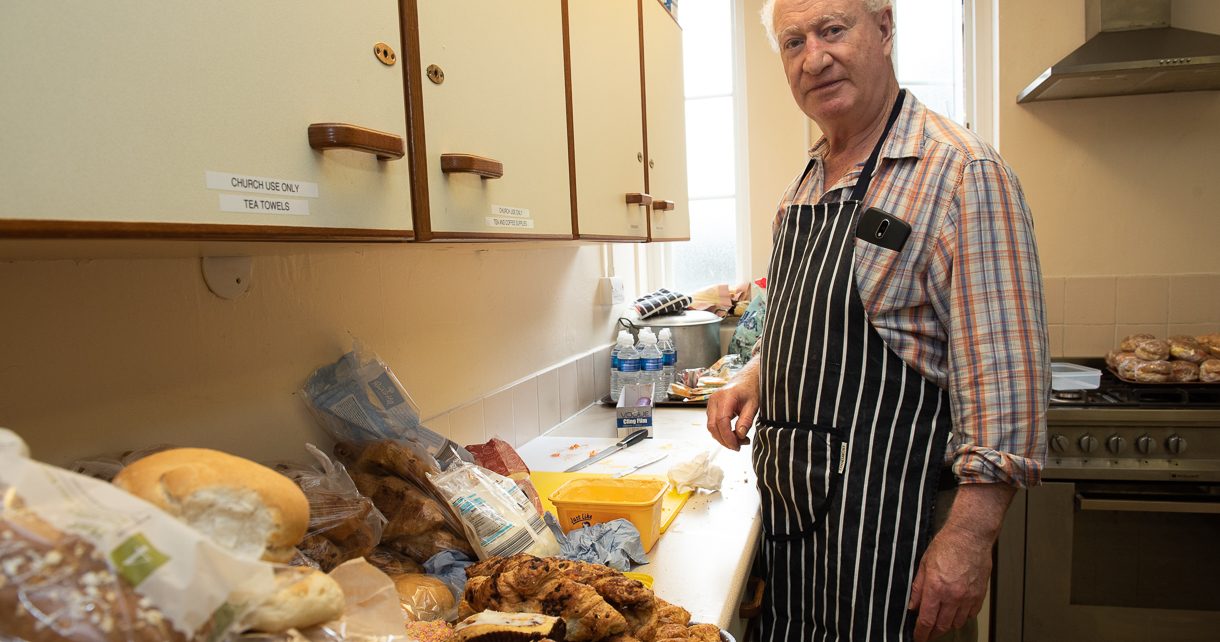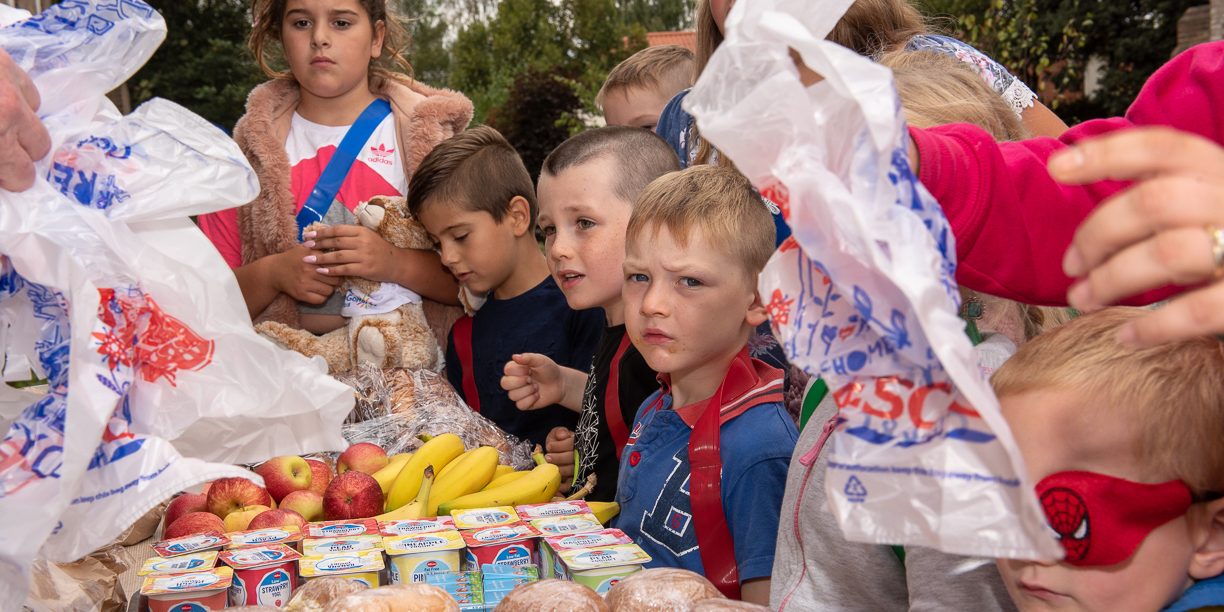Permanently divided
Hajera Blagg, Thursday, October 23rd, 2014Report exposing child poverty says Britain risks becoming “permanently divided society”
Child poverty is often thought to be the scourge of another country or another time – a commonplace in the slums of third-world countries or a social ill that typified the Victorian era.
Shockingly, starving children with little hope for a better future are a reality right now, right in our own backyard, and their numbers are growing rapidly.
A recent report from the social mobility and child poverty commission found that a stunning 1 in 6 children are now in relative poverty (as defined by family income less than 60 per cent median earnings), which translates into 1.4m children in total.
One in five children are in “absolute poverty,” a number which has skyrocketed by 300,000 from 2010-2011 to 2012-2013.
The situation is even worse in Scotland and Wales, with 20 per cent of children in Scotland in absolute poverty and a nearly a quarter of Welsh children in absolute poverty.
Poverty premium
The commission condemned the way austerity has damaged opportunities for the working poor, which further intensifies poverty among innocent children. The report warned that if “radical action” is not taken, Britain risks becoming a “permanently divided society.”
The report noted, “In an age of austerity, employers now have a bigger responsibility to pay living wages… and utility companies, finance firms, retailers and regulators have a bigger responsibility to end the perversity of the poverty premium which forces the poorest families to pay the highest prices for many of life’s essentials.”
The Commission explains how post-financial crisis, the supposed economic recovery is not working for most working people, citing statistics including:
• 8.2 per cent real term fall in average weekly earnings since April
• Five million Britons are currently stuck in low-paid work, a quarter of which have been there for over a decade
• 20.8 per cent of families with children live in private rented accommodation, while only 5.7 per cent did in 1988.
• Long-term unemployment rate is still double the rate before the recession
• If trends continue, 2010-2020 is set to become the first decade which has seen a rise in absolute poverty since records began in 1960.
In response, Unite assistant general secretary Steve Turner said, “We welcome the report but find no pleasure in its findings that vulnerable children so often find themselves on the frontline when it comes to the impact of Tory austerity and cuts.”
Young people abandoned
The commission’s report explains how the disadvantages faced by children in poverty are made even worse by an education system and an economy that has abandoned young people as they get older.
Unpaid internships, which the commission recommends should be completely banned by 2020 through enacting legislation if necessary, are a menace that keeps young people from entering into the workforce with properly paying jobs.
Highlighting what essentially amounts to modern-day slavery, the report notes over a quarter of employers use unpaid interns, while the vast majority of these same employers (82 per cent) say their interns’ contributions to the workplace are “essential.”
The school system, which ostensibly should help disadvantaged young people move up the economic ladder, has become increasingly stratified: average-ability children from wealthy backgrounds overtake high-ability children from poor families by the time they sit their GCSEs.
The most advantaged students are a shocking six times more likely to go to university than the country’s most disadvantaged, regardless of academic ability. Top employers recruit from an average of only 20 universities among more than 115.
The report noted this means the most talented young people in our society are not being given the same opportunities solely because of their economic background.
Options for school leavers are especially scarce — only 15 per cent of workplaces offer apprenticeships, and of these apprenticeships only 2 per cent are higher level.
Radical action required
Existing targets for reducing child poverty by half were set by the Labour government in 2010, and the Commission has said that at the current rate of progress, these targets will not be met.
As Left Foot Forward notes in its analysis, the previous Labour government had made significant gains in reducing child poverty, an outcome of which the IFS attributes to government spending increases on benefits for families with children.
But with vicious austerity cuts to be perpetrated ad infinitum by the Tories, any progress made in the previous decade threatens to be reversed in the coming one.
Chairman of the commission Alan Milburn – the Tory-led government’s own social mobility leader – slammed the current government’s record, saying it had “discredited existing child poverty targets and failed to put in place new ones,” creating “an unholy mess.”
Milburn additionally said all three major political parties were to blame for being “less than frank” about missing the planned child poverty reduction targets.
In order to work towards eradicating child poverty, the Commission called for “radical action,” including solutions such as
• The UK becoming a Living Wage country by 2025
• A ban on all unpaid internships by 2020
• Higher pay to get the best teachers into the worst schools
• Exempting working poor from any austerity measures that may affect them.
• Closing the university access gap, with universities aiming to admit at least 5,000 more students from a free school meals background and Russell universities aiming to admit 3,000 more students from state schools by 2020.
Milburn was especially adamant about raising the minimum wage, saying that Labour’s £8 an hour pledge by 2020 was a “good step forward” but “not as ambitious as one would have hoped it would be.”
Unite recently called for an immediate hike in the minimum wage to £7.81 an hour, after commissioning a report that proves the uplift now—not six years hence — would be entirely affordable.
Milburn was also highly critical of chancellor George Osborne’s promise to freeze working-age benefits for two years, saying it would negatively impact the working poor.
Turner agreed with the report’s recommendations, adding, “Our youth needs support, opportunity, security and hope delivered by a government with a vision that can inspire, one that wages war on unemployment, homelessness and poverty, demanding full employment – union jobs with decent wages, dignity and respect – homes for all, proper apprenticeships and open access to higher education based on your abilities not your ability to pay.”
 Like
Like Follow
Follow


